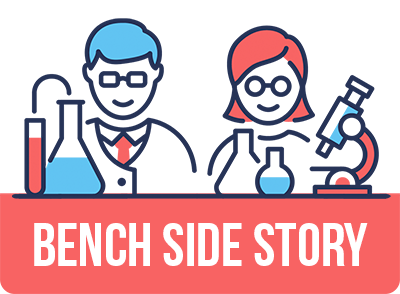Understanding the experience of pain for novel brain-based treatments
Associate Professor Tasha Stanton leads the Persistent Pain Research Group at SAHMRI. She is also co-Director of IIMPACT in Health at the University of South Australia, Adelaide. She is a clinical pain neuroscientist, with original training as a physiotherapist, and her research focusses on pain – why do we have it and why doesn’t it go away?








